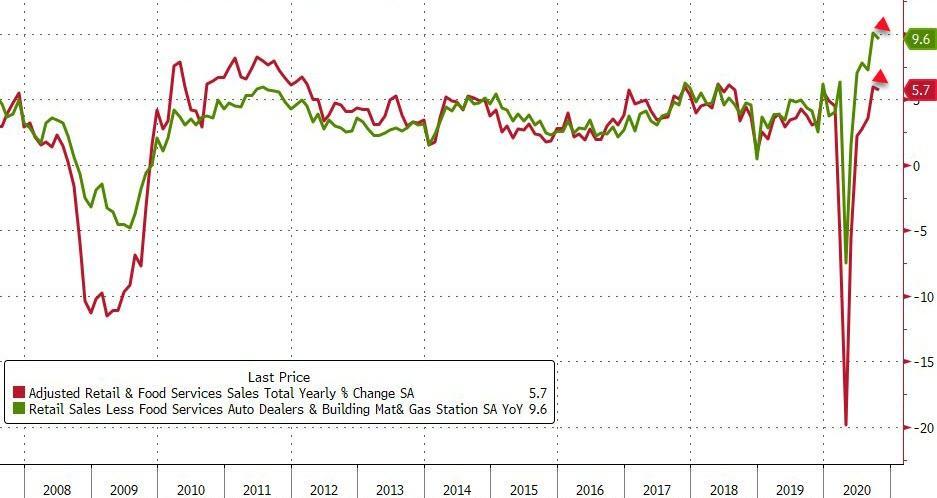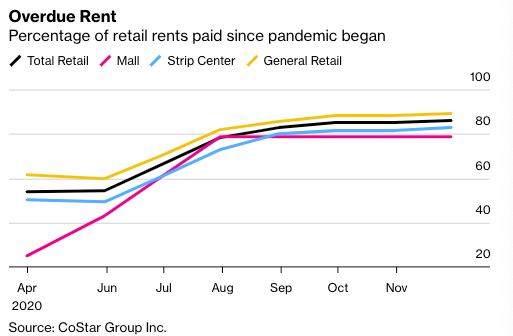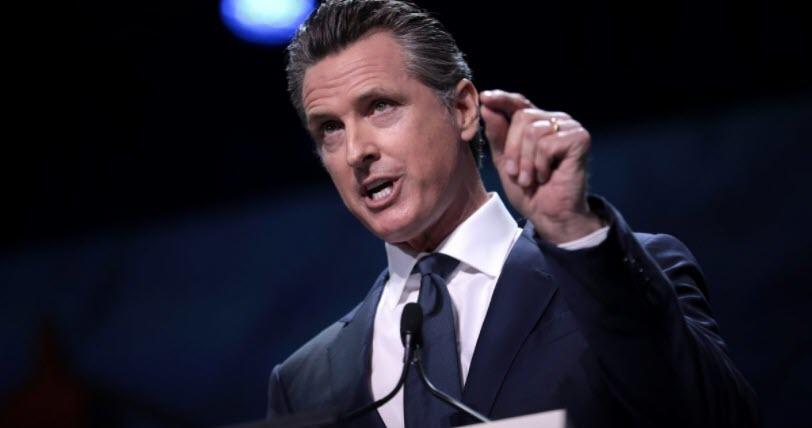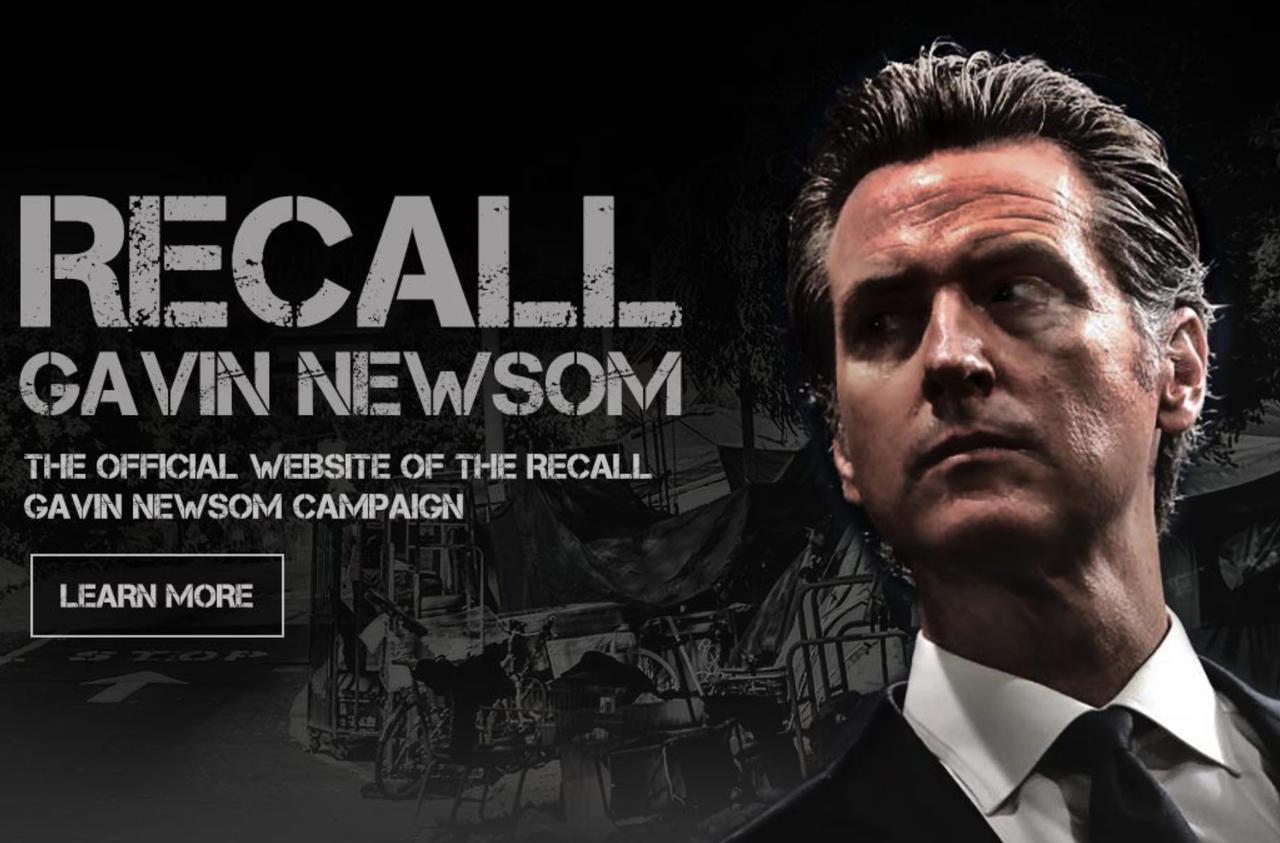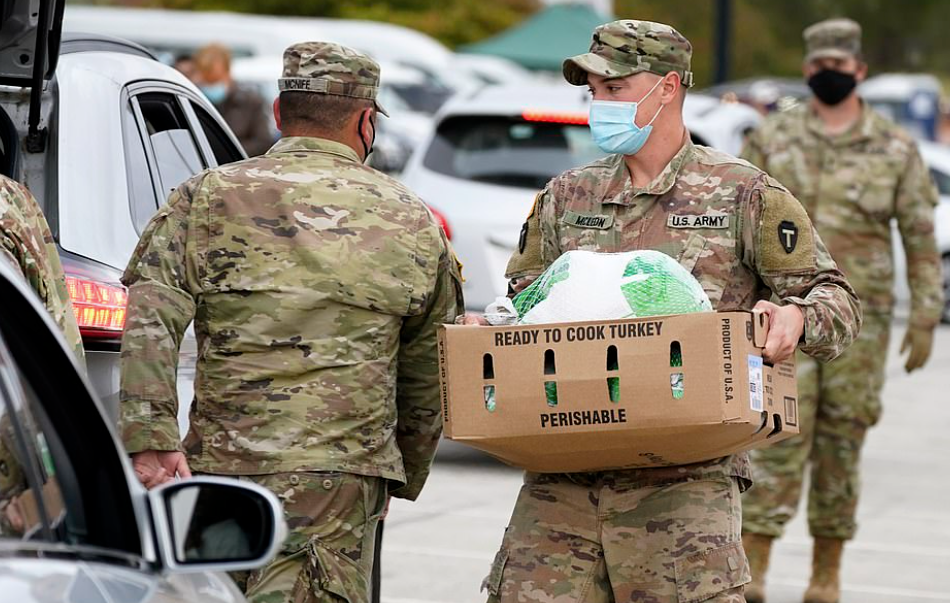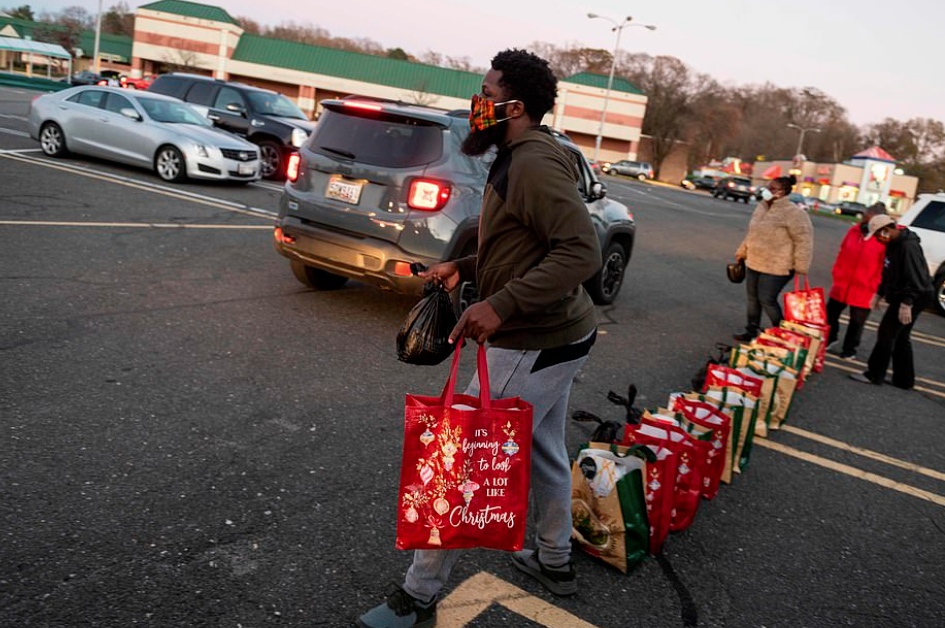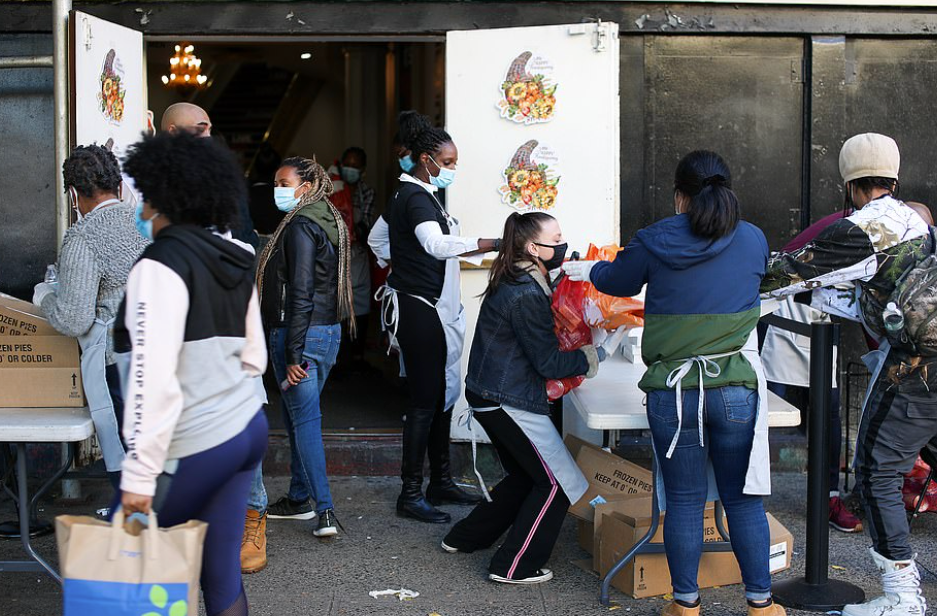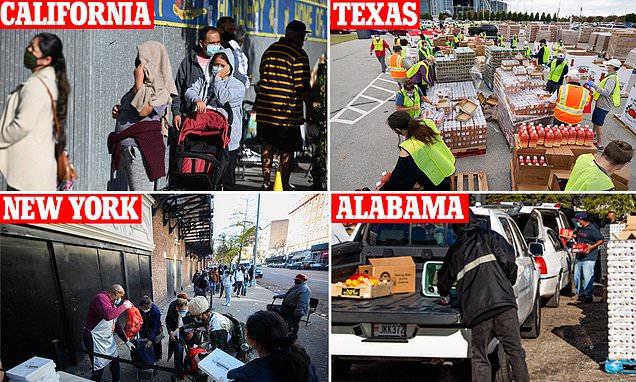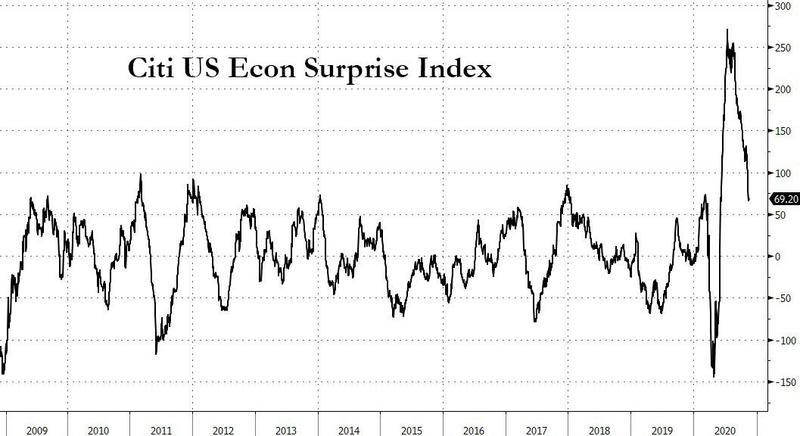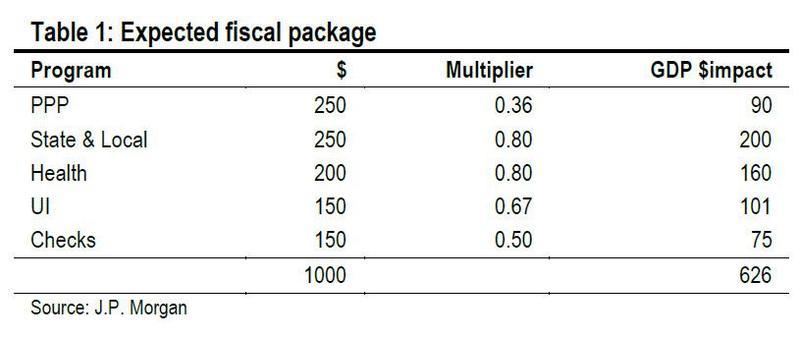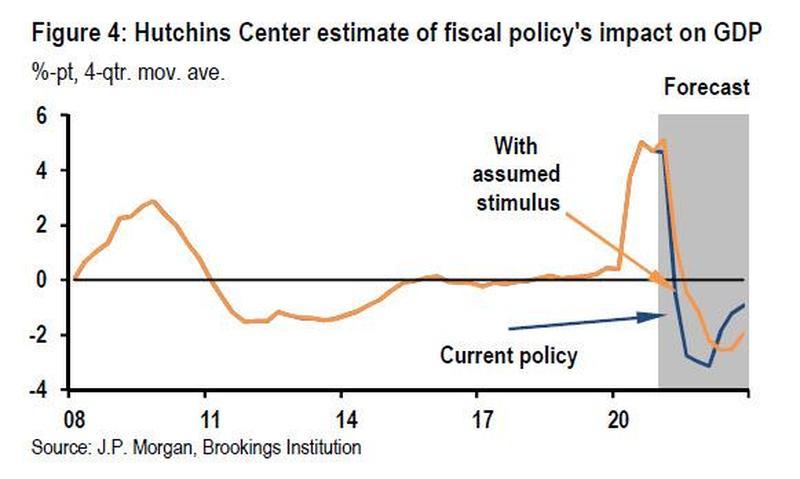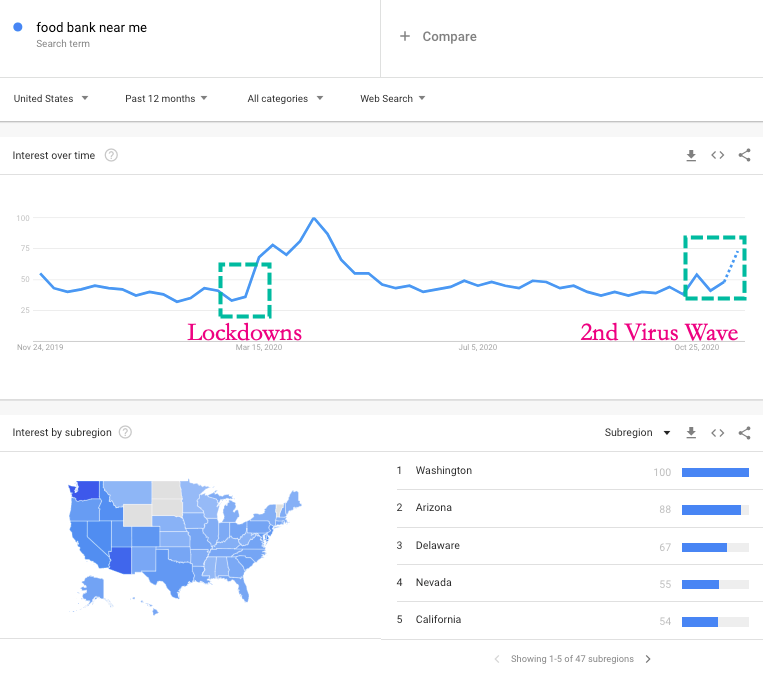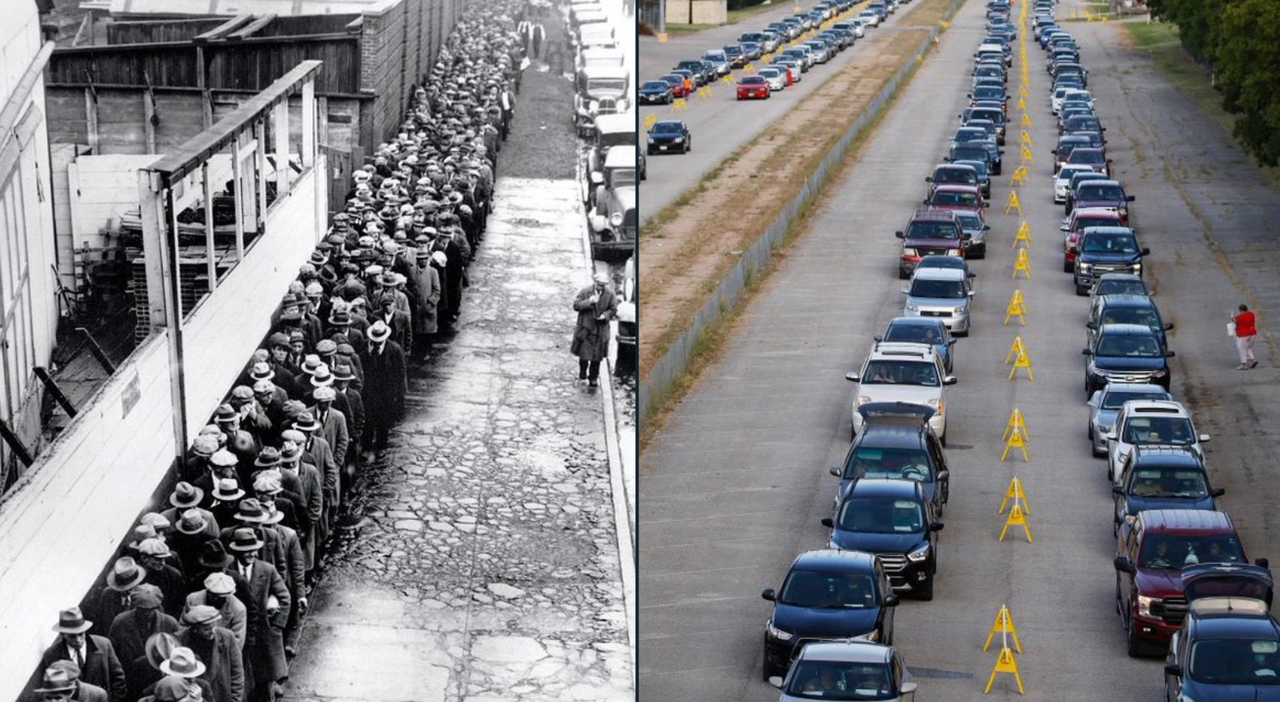Robby Soave at Reason has the story; here’s the opening, but you should read the whole thing:
Iowa State University has reaffirmed the free speech rights of conservative students initially under fire for tweeting an edgy comment—thus provoking the ire of several ISU journalism professors who demanded the students be punished.
A few days after the 2020 election, the Twitter account of ISU’s College Republicans made this statement: “Everyone, you must arm up, expect these people to try to destroy your life, the elites want revenge on us.”
The tweet may have been hyperbolic, but it did not endorse violence. It did not call for violence or encourage armed resistance. At most, it was a trollish right-wing talking point alongside a call to purchase guns.
Nevertheless, ISU interpreted the tweet as a “suggestion of armed activity,” in possible violation of university policy. An ISU spokesperson told The College Fix that the matter would be investigated.
This drew the attention of the Foundation for Individual Rights in Education (FIRE), which defends the free speech rights of students and faculty members. In a letter to ISU, FIRE correctly explained that the tweet was protected by the First Amendment, and the public university could not punish conservative students for their sentiment. “Although the university may legally punish ‘true threats‘—serious expressions of an intent to commit an act of unlawful violence against a particular individual or group of individuals—it may not punish expression that fails to rise to this narrow category of unprotected speech,” wrote FIRE….
The university rightly backed off, but two professors decided to demand speech suppression in response:
On November 12, Assistant Professor Kelly Winfrey and Associate Professor Novotny Lawrence of ISU’s journalism school circulated a petition signed by more than 750 students, faculty, and alumni. “We are appalled that the Iowa State University administration has decided it will not invoke disciplinary action on…the Iowa State University College Republicans … for a tweet that, having nothing to do with the political nature of the organization, incites violence and creates a campus climate that feels threatening to and isolates students, faculty, and staff of marginalized and historically oppressed populations,” they wrote. “Privileging the free speech of those causing harm over the safety of the historically marginalized members of our community furthers the damage.”
Here are the key parts of the university’s response, which strikes me as generally quite right:
We are writing to address the demands made in your November 12, 2020 letter and petition. Your letter was also addressed to the Faculty Senate’s president and the Professional and Scientific Council’s executive committee; please be advised that we are not responding on their behalf.
We live in a very divisive time where much of the rhetoric of the day is designed to divide us, with a focus on our differences, rather than to unite us around our common humanity. This type of rhetoric can be personally hurtful and frightening to individuals on our campus. We appreciate and share your concern about the impact this has on members of our community.
The university’s Principles of Community are built upon the foundational and aspirational belief that we can have a vigorous debate and exchange of ideas in an atmosphere of courtesy, sensitivity, and respect. Our critical effort to have a diverse and welcoming campus means that we will always have differences of ideas, cultures, experiences, and political ideologies. This is part of the richness of diversity that we strive for. However, when those differences are expressed in hateful rhetoric designed to evoke fear, the entire campus suffers.
Response to demands
Demand 1: Punishing student organizations
At the core of this demand is a disconnect between the law and First Amendment freedoms guaranteed by our Constitution, and the desire by many in the campus community to punish those whose comments are hurtful to others.
Iowa State University, as a public institution, has a total and complete obligation to abide by the First Amendment. Its five freedoms – religion, speech, press, peaceful assembly, and petitioning the government for redress of grievances – are bedrock principles upon which our nation was founded. Upholding the First Amendment also means the university cannot deprive students or student organizations of their rights, or punish them for exercising those rights, except in a very limited set of circumstances such as a direct threat against an individual; severe and pervasive harassment that substantially interferes with students’ education; or expression that is paired with criminal conduct (vandalism, for example). Doing so would violate their First Amendment rights in much the same way as forbidding protests, or censoring the university’s student newspaper. In short, this demand asks that the university proactively violate the law, and we will not do so.
The tweets that are the focus of this demand are protected speech, and standing alone, they do not violate university policy. The university cannot, and will not, punish students or student organizations for their constitutionally protected expression. Where, however, individual or organizational conduct violates university policy, individuals and organizations will be held accountable under the Student Code of Conduct. For example, the tweet’s reference to “arming up” is protected speech not subject to discipline. The conduct of bringing a weapon on campus, however, would violate policy and would lead to disciplinary action. We contacted the student organization in this instance and specifically warned them about conduct, which is distinguished from speech, that could lead to discipline to the organization and its membership.
Demand 2: Changes to the Student Code of Conduct
Student codes of conduct at other universities that have attempted to punish students for speech deemed “hateful,” “derogatory,” “threatening,” “insensitive” or described with other such terms have consistently been struck down as unconstitutional. Moreover, the university cannot establish its own thresholds for threatening or hateful speech that are broader than the limited exceptions currently allowed in federal law. Also, while the Principles of Community are ideals to which we should all aspire, they are neither laws nor policy, and are not enforceable. This does not mean, however, that we should discontinue our efforts to encourage members of the campus community to treat each other with respect….
As an educational institution, it is our charge and responsibility to foster and encourage the understanding of new ideas, the development of expression and thought, and the skill of interacting in a positive way with our community and our world. This responsibility is not accomplished through suppressing speech or dictating thought. Rather, it is accomplished through education, example, discussion, debate, demonstration and building relationships. We pledge to do more in the coming year to educate the campus community on the history and benefits of the First Amendment, as well as how to exercise its freedoms responsibly, and in ways that are consistent with the Principles of Community….
UPDATE: Here’s one way of thinking about this, by the way; say this was a Black Students’ Alliance, which wrote, in the wake of a Trump victory: “Everyone, you must arm up, expect these people to try to destroy your life, the [white supremacists] want revenge on us.” I take it professors’ reaction would generally be, “this is part of a long tradition of American political hyperbole,” rather than “oh no, this is inciting violence.” Some professors might even add that of course the notion that armed people are harder to oppress is a longstanding trope in American political discourse, whether or not one agrees that this is a good approach for people to take.
Now of course the professors might well say that blacks are “historically marginalized” and Republicans aren’t. But thankfully the Bill of Rights applies to all of us, not just those groups that professors happen to favor.

from Latest – Reason.com https://ift.tt/3kRcoQj
via IFTTT


